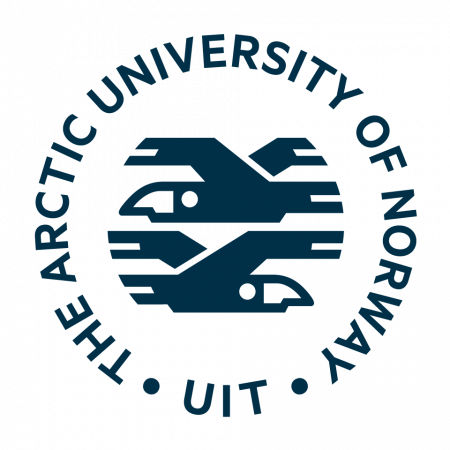Computational chemistry - master
Students in the Master in Computational Chemistry program at UiT will acquire advanced knowledge and hands-on skills in the theoretical foundations and computational methods used to model and predict molecular structure, properties, and reactivity. The curriculum emphasizes quantum chemistry, molecular mechanics, and the use of modern scientific software, enabling students to analyze complex chemical systems and gain deep insight into phenomena at the atomic and molecular level.
Throughout the program, students will develop the practical ability to carry out quantum chemical and molecular simulations, automate workflows, and interpret computational data using scripting and high-performance computing tools. The coursework and research activities are closely integrated with current scientific challenges, offering opportunities to specialize in areas like catalysis, drug discovery, spectroscopy, and materials science.
Graduates will learn how to assess computational results critically, explain and communicate scientific findings, and reflect on the broader implications of molecular modeling in chemical research and sustainable innovation. The program prepares students for doctoral studies or research careers worldwide, blending strong theoretical insight with practical, interdisciplinary problem-solving skills for academia and industry.
